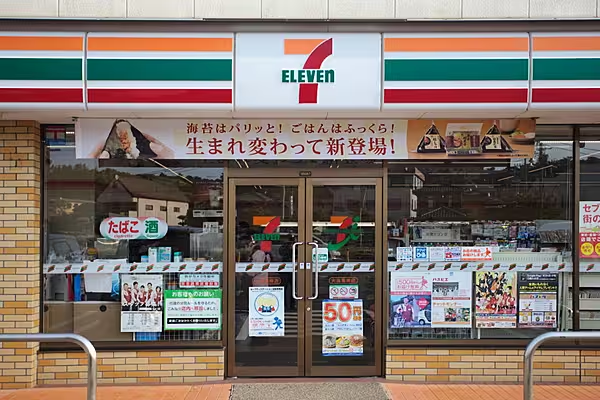A 10 per cent reduction in prices at Adrian Bissegger’s local Zurich supermarket hasn’t persuaded him to give up three hours of sitting in the car to collect groceries in Germany.
The banking consultant says he saves as much as 300 francs ($326) a month by buying diapers, meats and clothing across the border, an amount that increased after the Swiss National Bank ended a cap linking its currency to the euro.
“Switzerland can’t keep up with the euro prices,” Bissegger, 38, said of the discounts being offered. “The reductions are ridiculous,” as they don’t come close to making up the price difference with shopping abroad.
Since January’s SNB decision, the franc has strengthened more than 10 per cent against the euro. In response, grocers including Migros and Coop have promoted discounts on imported goods in a bid to keep shoppers like Bissegger at home. That’s increasing the pressure on profit for an industry where a tenth of retail spending went abroad in 2013, and threatens to create an opportunity for discounters to erode the oligopolistic market.
Market Domination
The nation’s retail industry faces the most price pressure in decades, as the KOF economic research institute forecasts a 1.5 per cent consumer-price decline in 2015. That’s unusual for a market dominated by two companies -- Migros and Coop -- which together control almost 70 per cent of grocery spending.
The situation for Migros and Coop is exacerbated by the likes of German discounters Aldi and Lidl who are armed with lower-cost euro-zone goods and ready to offer lower prices at shops in Switzerland. Aldi has built up a 3.6 per cent market share. Its sales grew at a pace nearly nine times faster than the market in the years between 2010 and last year, Euromonitor data show.
“The current situation offers big opportunities for smaller retailers, in particular German discounters Aldi and Lidl,” said Daniel Latev, head of retail research at Euromonitor.
Earnings Impact
Migros expects the end of the currency cap to cut as much as 50 million francs from earnings this year, Chief Executive Officer Herbert Bolliger said in a 1 February interview with newspaper SonntagsZeitung. That represents a tenth of the retailer’s operating profit in 2013, the most recent year for which figures are available.
To keep shoppers at home, the general secretary of the Consumer Federation of Swiss Romande suggests shops can reduce prices by as much as 20 per cent without endangering their businesses.
“We have to find solutions to keep money here,” said Mathieu Fleury. “We tell shops to be honest and to respect consumers, and they’ll stay in Switzerland.”
Bloomberg News, edited by ESM














